Why Are Turtles Disappearing? Top Reasons for Their Decline.
Turtles are primitive reptiles and among the oldest creatures still extant on our planet. They have survived for more than 200 million years.

In the heart of Europe, where history intertwines with natural beauty, Italy emerges not only as a cultural icon but also as a leader in sustainable agriculture. Beyond the iconic monuments and artistic marvels, Italy's countryside is adorned with lush vineyards, olive groves, and rolling hills, where organic farming is nurturing the land and enriching communities. In this article, we embark on a journey through Italy's organic farming landscape, uncovering the practices, innovations, and stories that inspire a vision of a greener, more resilient future.
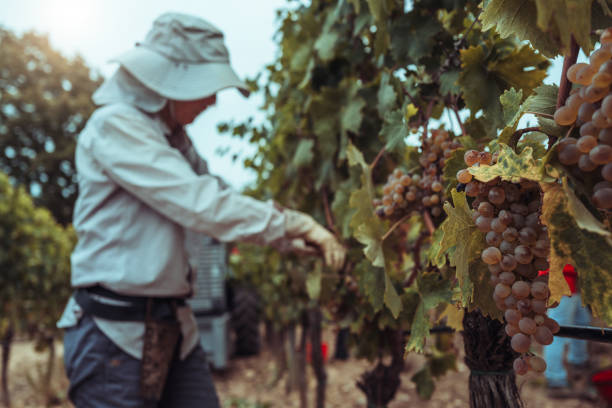
Italy's agricultural heritage stretches back millennia, with ancient civilizations cultivating the fertile soils of the Italian peninsula. However, it's in recent decades that a quiet revolution has been brewing in the fields and orchards of Italy – the rise of organic farming. Fueled by a growing awareness of environmental sustainability, concerns about food safety, and a desire for healthier lifestyles, organic farming has captured the imagination of farmers and consumers alike.
The roots of Italy's organic farming movement can be traced back to the 1970s when pioneering farmers and activists began advocating for agricultural practices that respected the natural balance of ecosystems. Over the years, organic farming has evolved from a niche movement to a mainstream phenomenon, with Italy now ranking among the top countries in Europe for organic agriculture. Today, organic farms dot the Italian countryside, from the sun-drenched hills of Sicily to the alpine meadows of the Dolomites, embodying a commitment to ecological stewardship and sustainable livelihoods.
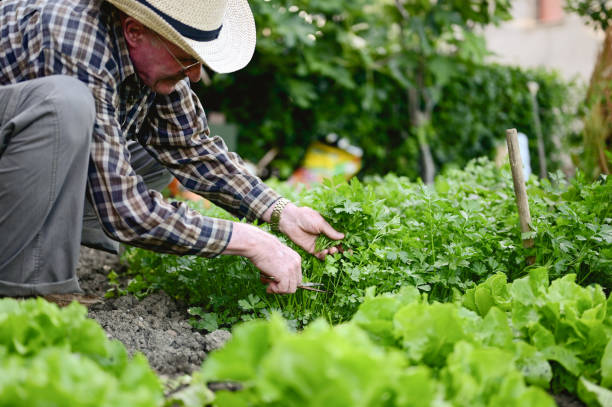
At the core of organic farming lie principles rooted in ecological wisdom, social responsibility, and respect for the interconnectedness of all living beings. These principles guide farmers in their quest to cultivate the land in harmony with nature, fostering resilience, diversity, and abundance:
Organic farmers prioritise soil health as the cornerstone of their farming practices. Through techniques such as composting, crop rotation, and minimal tillage, they nurture soil fertility, structure, and biodiversity, laying the foundation for healthy plants and ecosystems.
Instead of relying on synthetic pesticides and herbicides, organic farmers employ a variety of natural methods to manage pests and diseases. These may include beneficial insects, crop diversification, trap cropping, and the use of botanical extracts, fostering a balanced ecosystem where pests are kept in check without harming beneficial organisms.
Organic farms serve as havens for biodiversity, providing habitat for a wide array of plants, insects, birds, and other wildlife. By preserving natural habitats, protecting native species, and promoting genetic diversity in crops and livestock, organic farmers contribute to the resilience and adaptability of ecosystems in the face of environmental challenges.
In organic farming systems, the well-being of animals is paramount. Livestock are raised in conditions that prioritise their physical and psychological health, with access to outdoor pasture, ample space to roam, and a diet free from antibiotics and synthetic hormones.
Organic farming fosters connections between farmers and consumers, promoting local food systems built on trust, transparency, and mutual support. Through farmers' markets, community-supported agriculture (CSA) schemes, and direct sales, organic farmers forge direct relationships with consumers, fostering a sense of community and shared responsibility for the food we eat.
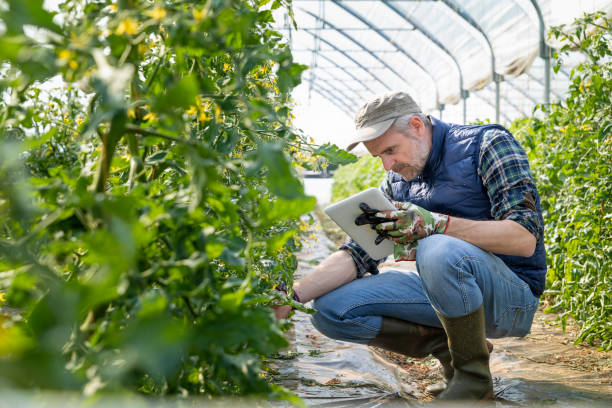
Nestled amidst the rugged landscapes of Sicily's southern coast, Azienda Agricola Mandranova stands as a beacon of organic farming excellence and culinary tradition. Founded in the early 1990s by Giuseppe and Silvana Di Vincenzo, this family-owned farm encompasses olive groves, vineyards, and orchards, where ancient olive varieties flourish alongside aromatic herbs, citrus fruits, and vegetables.
What sets Azienda Agricola Mandranova apart is its commitment to sustainability, quality, and innovation. The farm follows organic and biodynamic principles, eschewing synthetic chemicals in favour of natural solutions for soil fertility, pest management, and weed control. Through careful stewardship of the land and traditional farming practices passed down through generations, the Di Vincenzo family produces award-winning extra virgin olive oil, organic wines, and artisanal food products that reflect the unique terroir of Sicily.
Visitors to Azienda Agricola Mandranova are invited to embark on guided tours of the farm, where they can learn about organic farming practices, participate in olive harvesting and oil pressing activities, and savour farm-to-table meals prepared with seasonal, organic ingredients. Through agritourism experiences, guests gain a deeper appreciation for the connection between food, farming, and culture, forging lasting memories and friendships that transcend borders and languages.
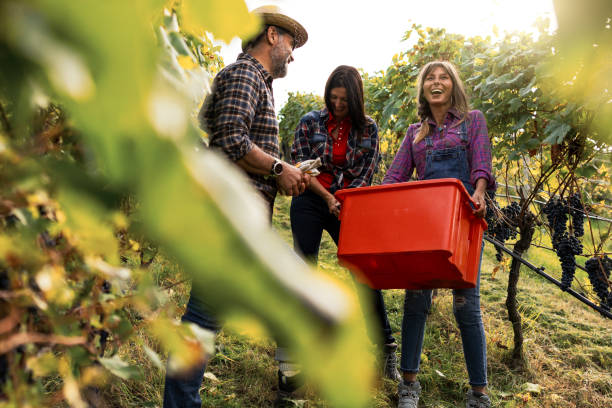
The transition to organic farming offers a multitude of benefits, both tangible and intangible, for farmers, consumers, and the environment:
Organic farming reduces the negative impacts of agriculture on the environment by minimising soil erosion, preserving water quality, and promoting biodiversity. By eschewing synthetic chemicals and embracing nature-based solutions, organic farmers help protect fragile ecosystems, mitigate climate change, and safeguard natural resources for future generations.
Organic produce is free from synthetic pesticides, herbicides, and genetically modified organisms (GMOs), making it a safer and healthier choice for consumers. Studies have shown that organic fruits, vegetables, and grains contain higher levels of beneficial nutrients, antioxidants, and phytochemicals compared to conventionally grown counterparts, contributing to improved dietary quality and overall well-being.
Organic farming creates opportunities for small-scale farmers, rural communities, and marginalised groups, providing employment, income diversification, and social cohesion. By fostering direct relationships between producers and consumers through farmers' markets, community-supported agriculture (CSA) schemes, and short supply chains, organic agriculture strengthens local economies, revitalises rural areas, and promotes food sovereignty.
Organic farming practices such as agroforestry, cover cropping, and soil carbon sequestration enhance the resilience of agricultural systems to climate change. By increasing soil organic matter, conserving water, and reducing greenhouse gas emissions, organic farms help mitigate the impacts of extreme weather events, droughts, and floods, while also adapting to changing climatic conditions.
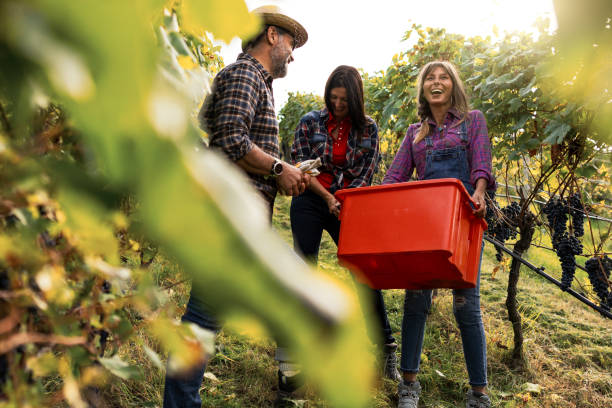
Despite its many benefits, organic farming faces several challenges that may hinder its widespread adoption and scalability:
Securing access to land suitable for organic farming, acquiring organic inputs and technologies, and accessing markets for organic products can be challenging for small-scale farmers and new entrants to organic agriculture.
Organic farming often requires higher initial investments, greater labour inputs, and longer transition periods compared to conventional agriculture, which can pose financial challenges for farmers, especially in the early stages of conversion.
Successfully managing an organic farm requires specialised knowledge and skills in soil health, pest management, crop rotation, and organic certification, which may not be readily available or accessible to all farmers.
Despite growing demand for organic products, organic farmers may face barriers to market access, including price premiums, competition from industrialised agriculture, and consumer scepticism about the value and authenticity of organic certification.
Governments, policymakers, and agricultural organisations play a crucial role in supporting the transition to organic farming through financial incentives, technical assistance, research and development, and infrastructure investments in processing, distribution, and marketing.

Italy's organic farming practices are deeply rooted in centuries-old traditions and cultural heritage. Many organic farmers draw inspiration from age-old farming techniques passed down through generations, incorporating wisdom gleaned from ancient civilizations such as the Etruscans, Romans, and Greeks. By preserving traditional farming knowledge and heritage crops, organic agriculture serves as a custodian of cultural identity and rural landscapes.
Organic farming in Italy often embraces principles of agroecology and permaculture, which emphasise ecological design, biodiversity, and resilience. Agroecological approaches such as polyculture, agroforestry, and water harvesting enhance the productivity, stability, and sustainability of farming systems, while minimising external inputs and ecological footprint.
Organic farming fosters strong ties between farmers and local communities, creating opportunities for collaboration, education, and collective action. Community-supported agriculture (CSA) initiatives, urban agriculture projects, and food cooperatives empower consumers to support local farmers, access fresh, organic produce, and participate in the food system. By prioritising social equity and inclusivity, organic farming promotes food justice and strengthens community resilience in the face of socio-economic challenges.
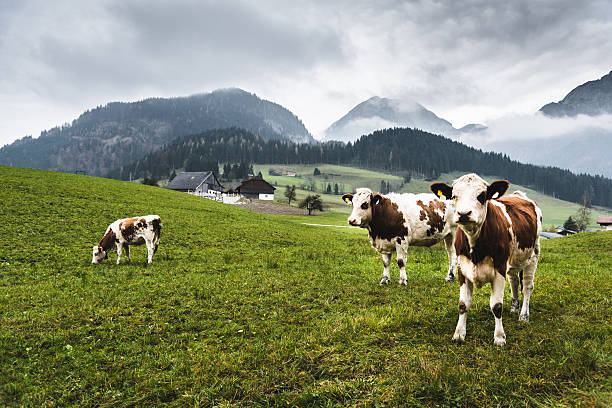
Italy is a hotbed of innovation in sustainable agriculture, with researchers, farmers, and entrepreneurs developing cutting-edge technologies and practices to enhance productivity, efficiency, and environmental sustainability. From precision agriculture and smart irrigation systems to agroecological engineering and bio-based materials, Italian innovators are at the forefront of the transition to a more sustainable and regenerative food system.
Organic farming offers opportunities for young people to engage with agriculture, learn about sustainable food production, and cultivate a deeper connection to the land. Educational programs, farm internships, and youth-led initiatives empower the next generation of farmers, activists, and change-makers to become stewards of the earth and champions of sustainability. By inspiring and empowering young people to embrace organic farming, Italy is nurturing a new generation of environmental leaders who will shape the future of food and farming.
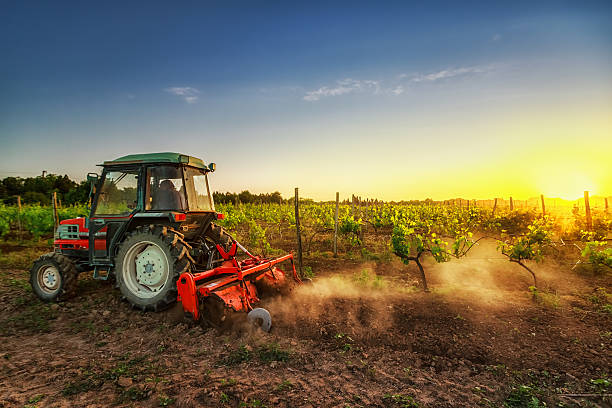
Organic farms in Italy play a vital role in promoting eco-tourism and rural development, attracting visitors from around the world to experience the beauty, bounty, and hospitality of the Italian countryside. Agritourism activities such as farm stays, nature walks, and culinary workshops offer tourists immersive experiences that celebrate the culture, cuisine, and landscape of rural Italy. By diversifying income streams and creating value-added products and experiences, organic farmers contribute to the economic vitality and cultural richness of rural communities.
Italy's leadership in organic farming extends beyond its borders through international collaboration, knowledge exchange, and partnerships. Italian organisations, universities, and research institutes collaborate with counterparts around the globe to share best practices, research findings, and innovations in organic agriculture. By fostering dialogue and cooperation on issues such as food security, climate change, and sustainable development, Italy contributes to global efforts to build a more resilient and equitable food system.
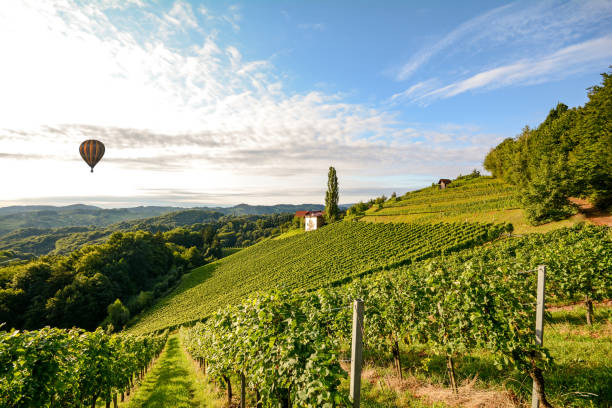
As we journey through the verdant landscapes of Italy, we witness the transformative power of organic farming to heal the earth, nourish our bodies, and enrich our communities. From the sun-kissed vineyards of Tuscany to the rugged coastlines of Sicily, organic farmers are sowing the seeds of a brighter, more sustainable future, rooted in principles of ecological stewardship, social justice, and cultural heritage.
Through the lens of organic farming in Italy, we gain insights into the resilience, ingenuity, and creativity of farmers who are leading the charge towards a regenerative agricultural paradigm. As stewards of the land, we have a collective responsibility to support and celebrate the efforts of organic farmers, to advocate for policies that promote sustainable food systems, and to cultivate a deeper connection with the food we eat and the earth that sustains us.
In the words of Carlo Petrini, founder of the Slow Food movement, "Good, clean, and fair food for all." Let us strive to uphold these principles in our food choices, our farming practices, and our vision for a better world. Grazie mille, Italia, for leading the way towards a greener, more sustainable future.
Software designer, founder, and amateur astronaut.
I’m Spencer, a software designer and entrepreneur based in New York City. I’m the founder and CEO of Planetaria, where we develop technologies that empower regular people to explore space on their own terms.

Turtles are primitive reptiles and among the oldest creatures still extant on our planet. They have survived for more than 200 million years.
White sharks, popularly known as Carcharodon carcharias or great white sharks, represent one of the most distinctive forms of oceanic life.
Volunteering abroad is to volunteer a trip and experience gaining to use it as a positive change in communities, to acquire learning to unknown cultures, and the great self-growth process
Get weekly inspiration delivered right to your inbox!
Sign in with
Currency


